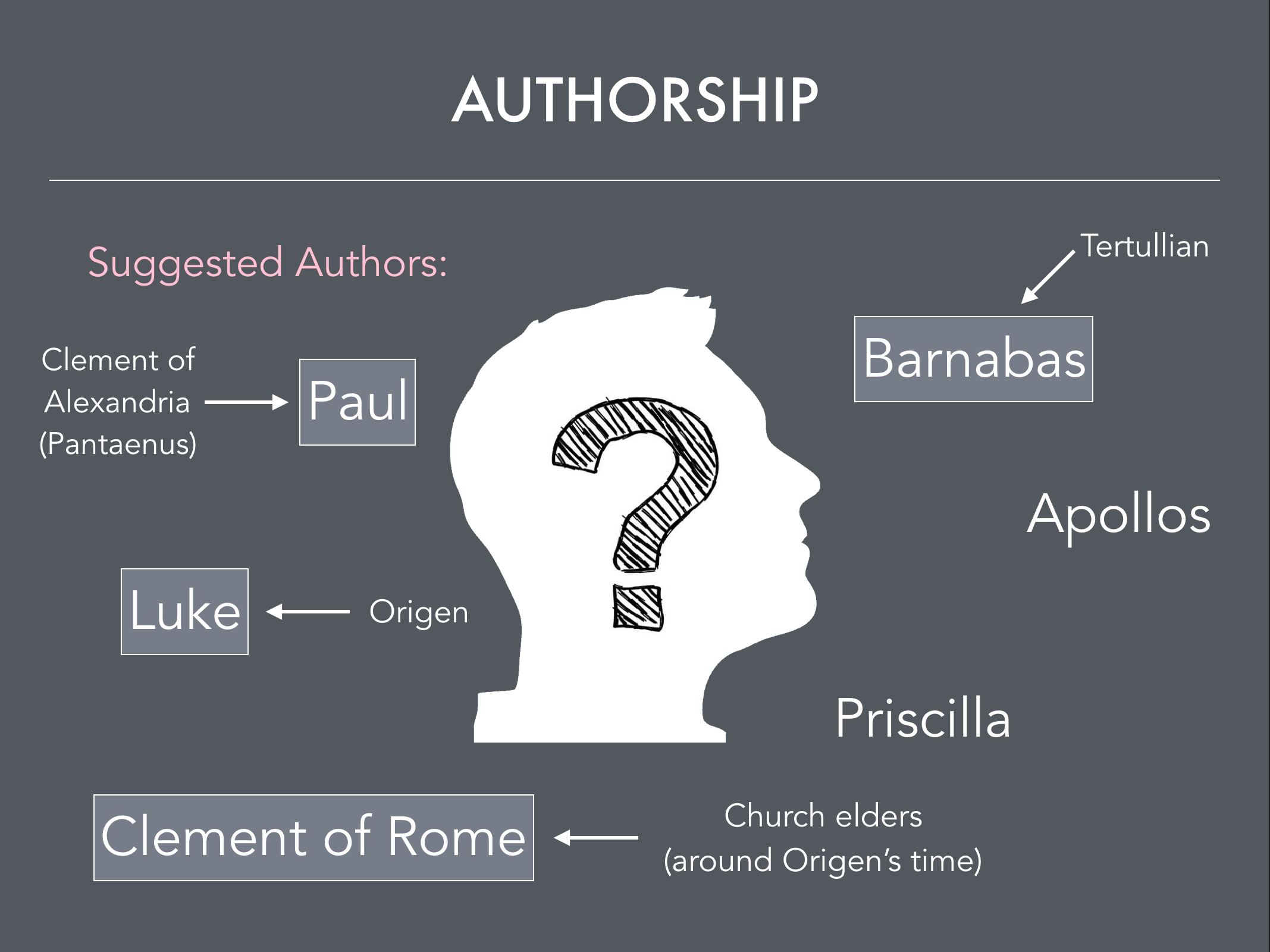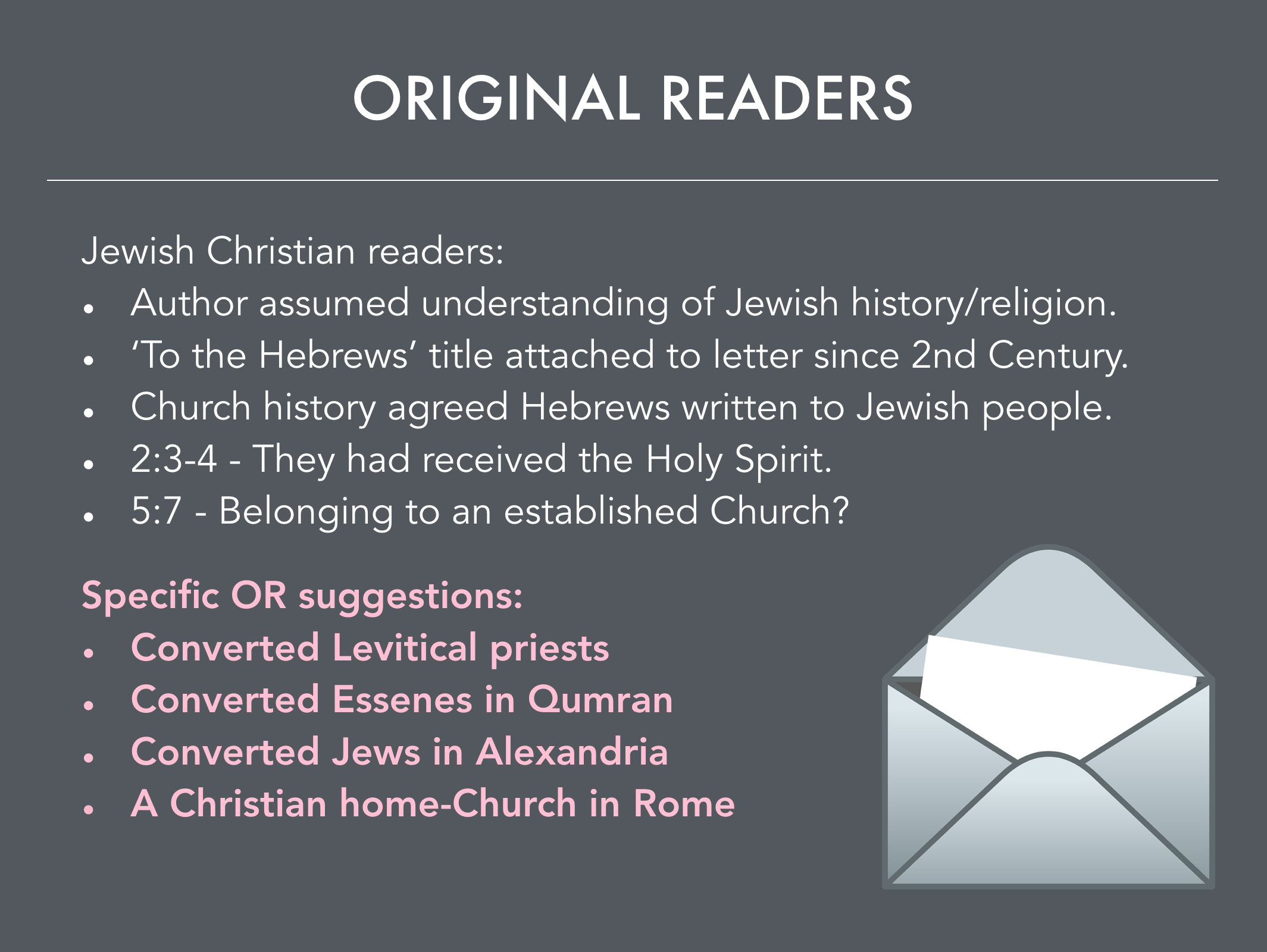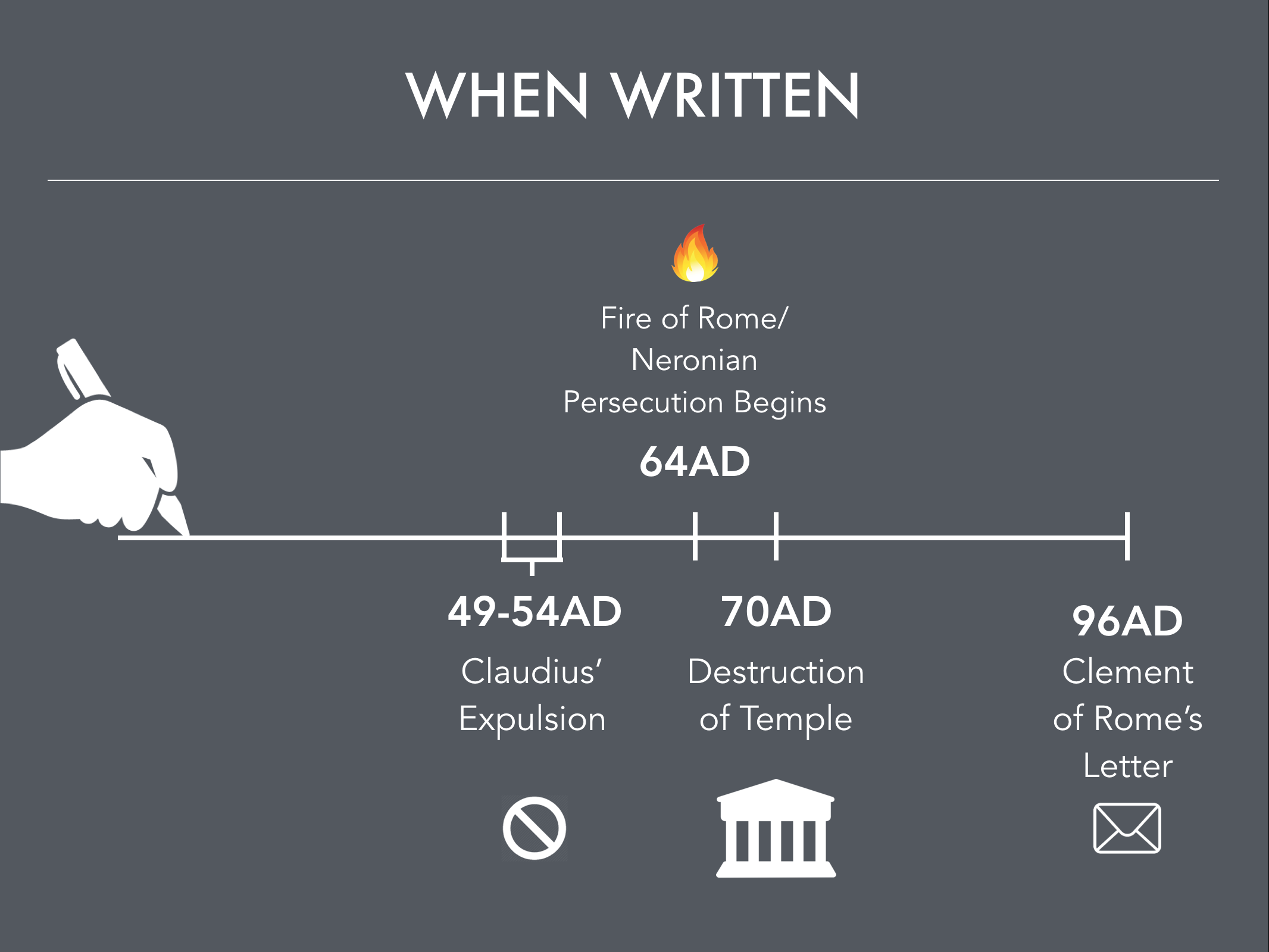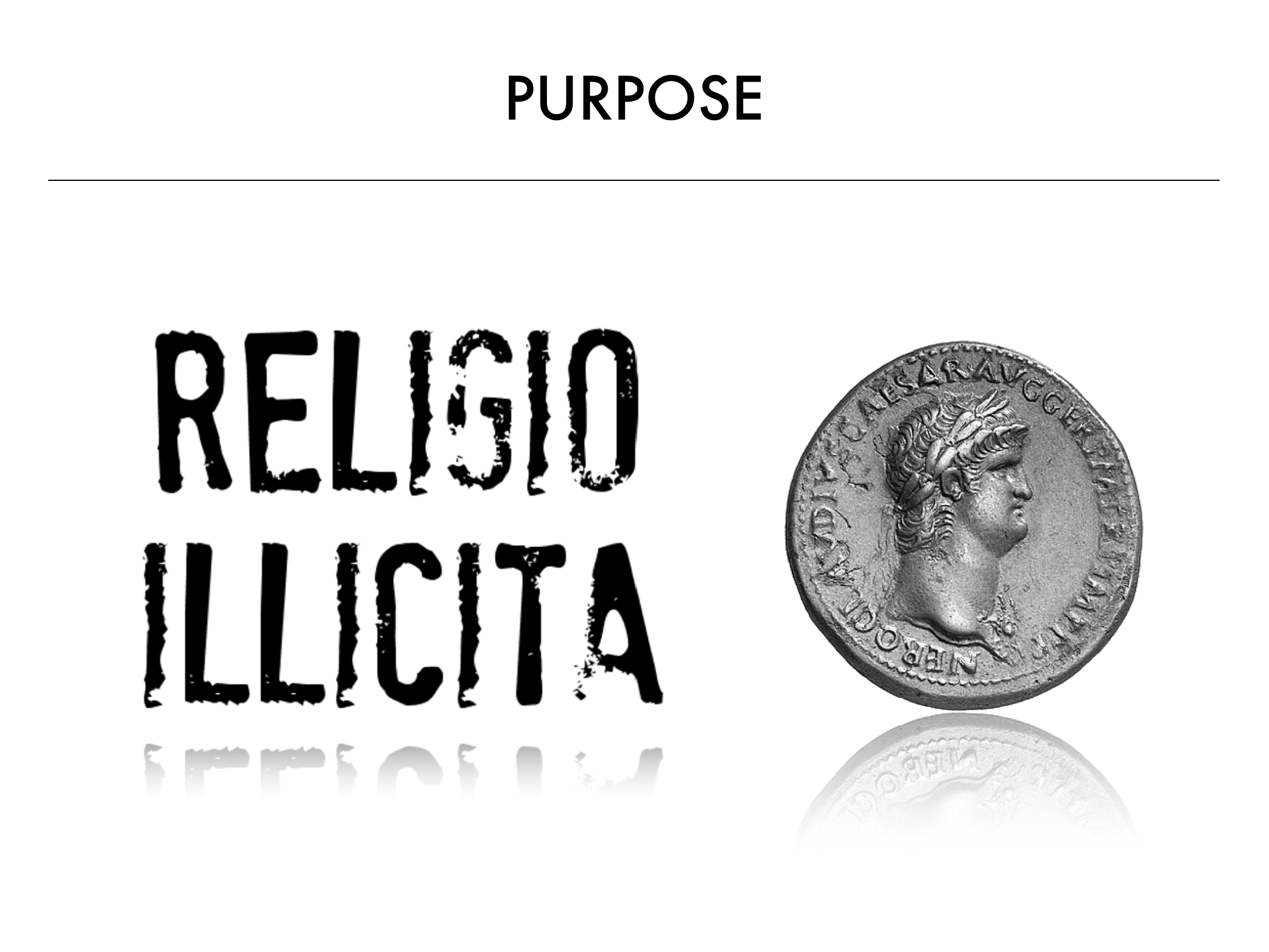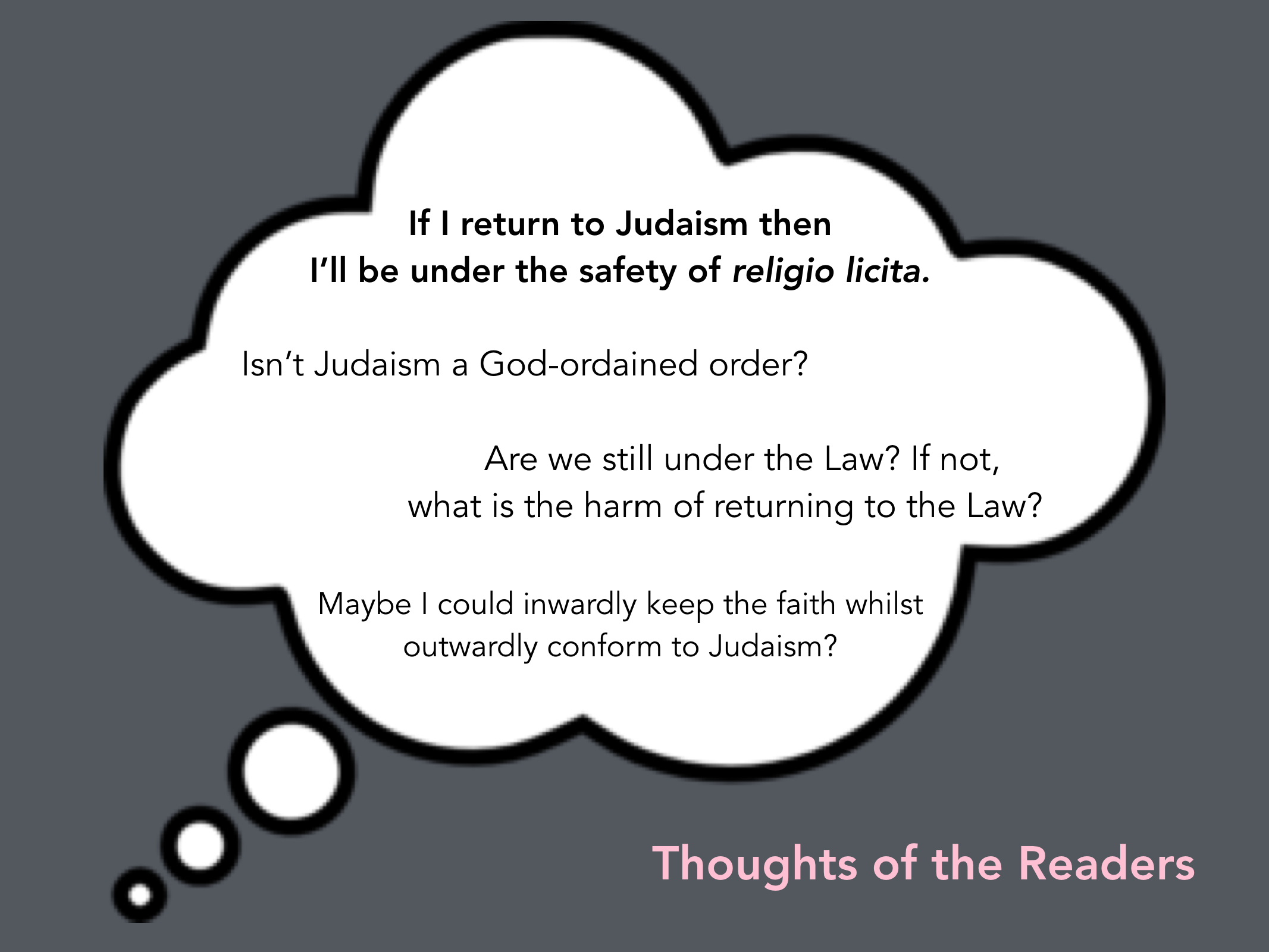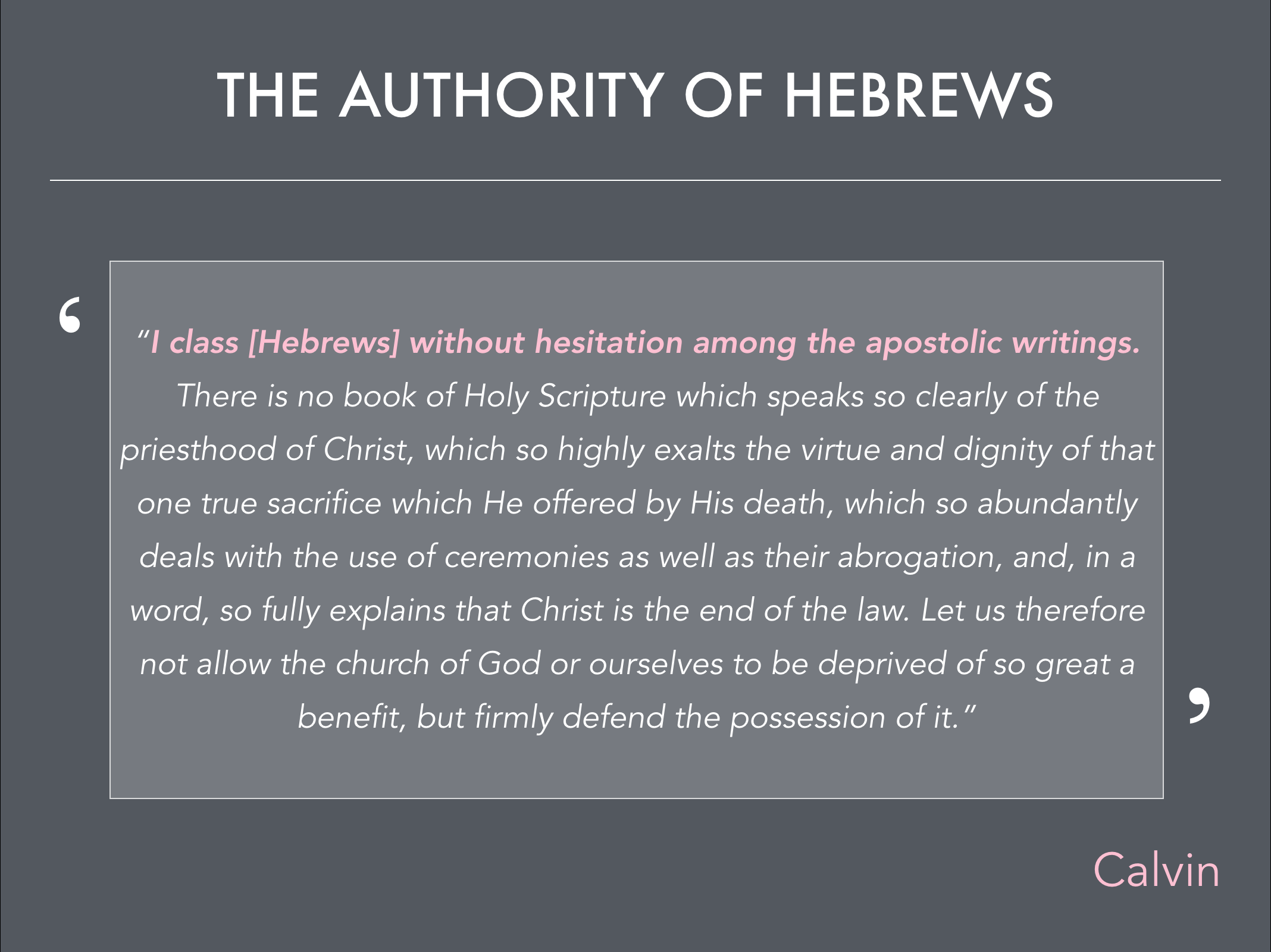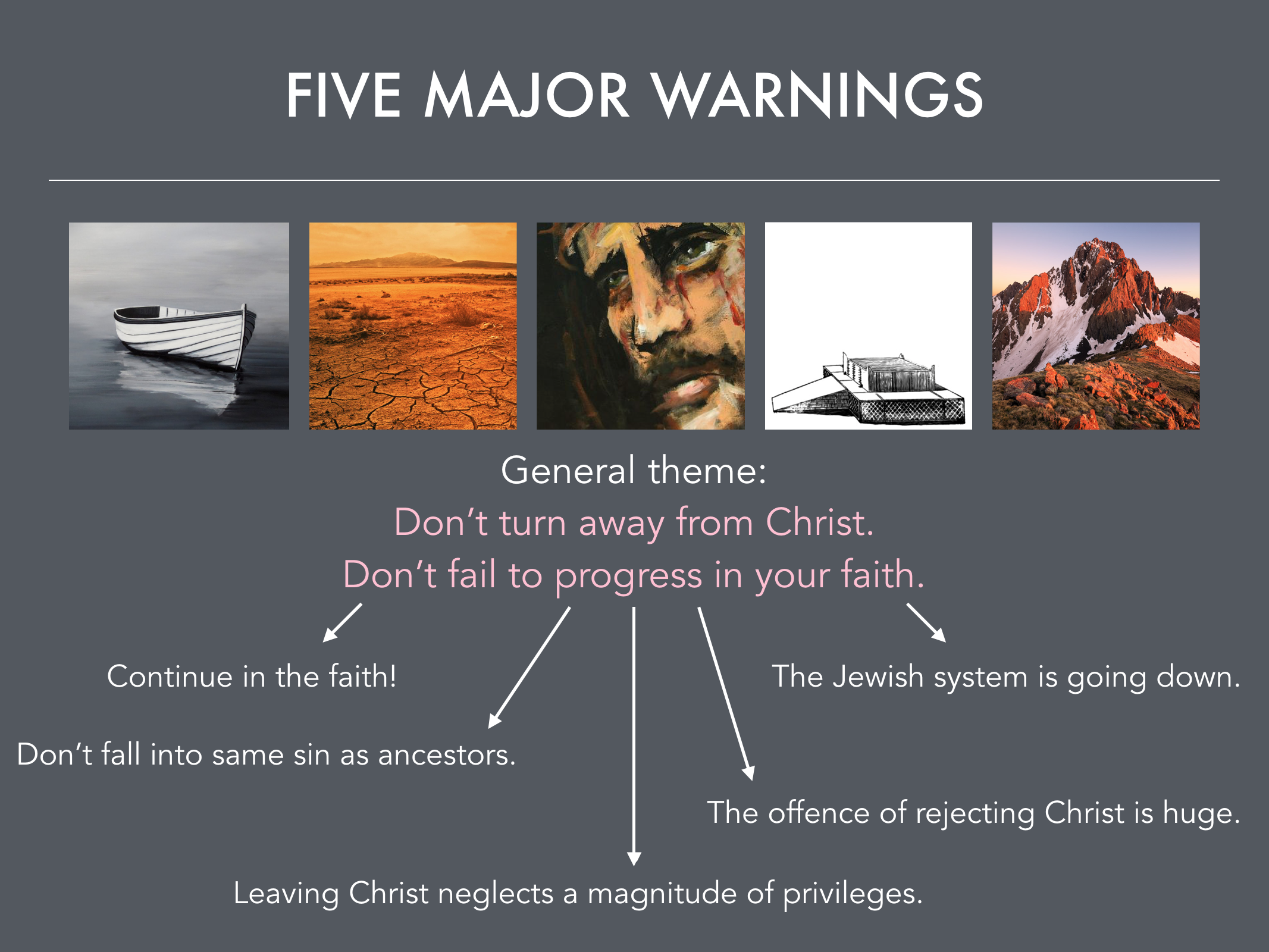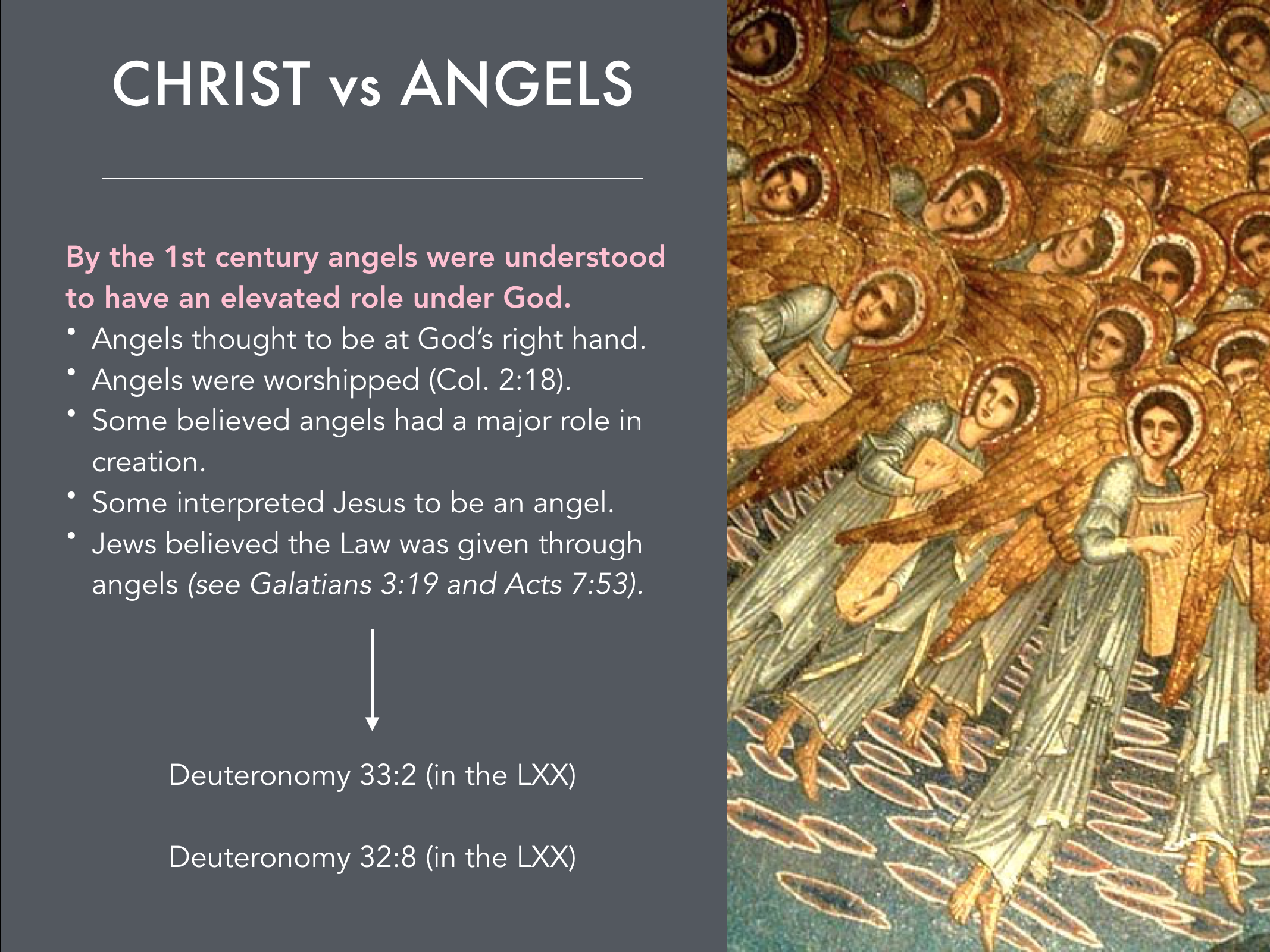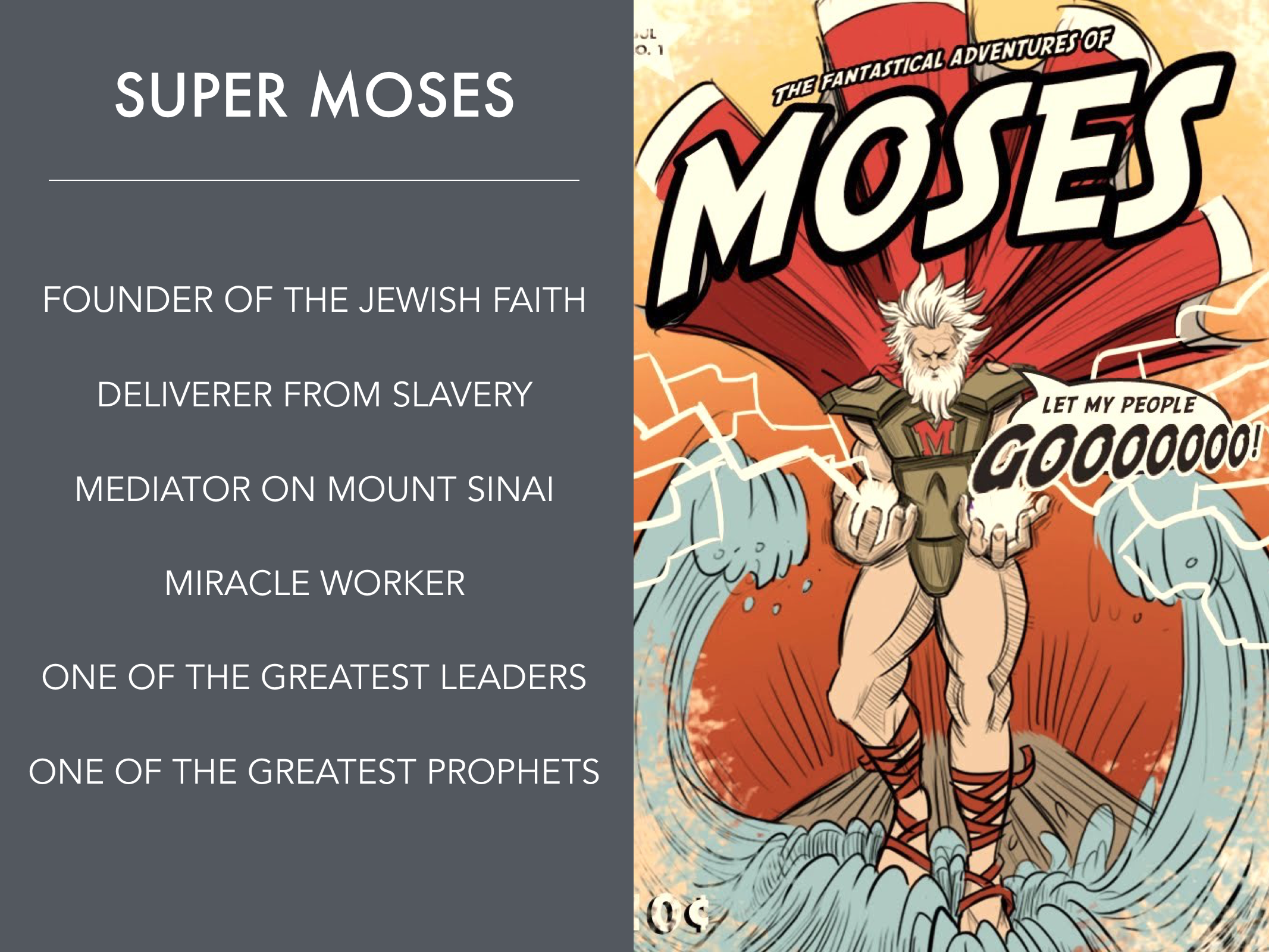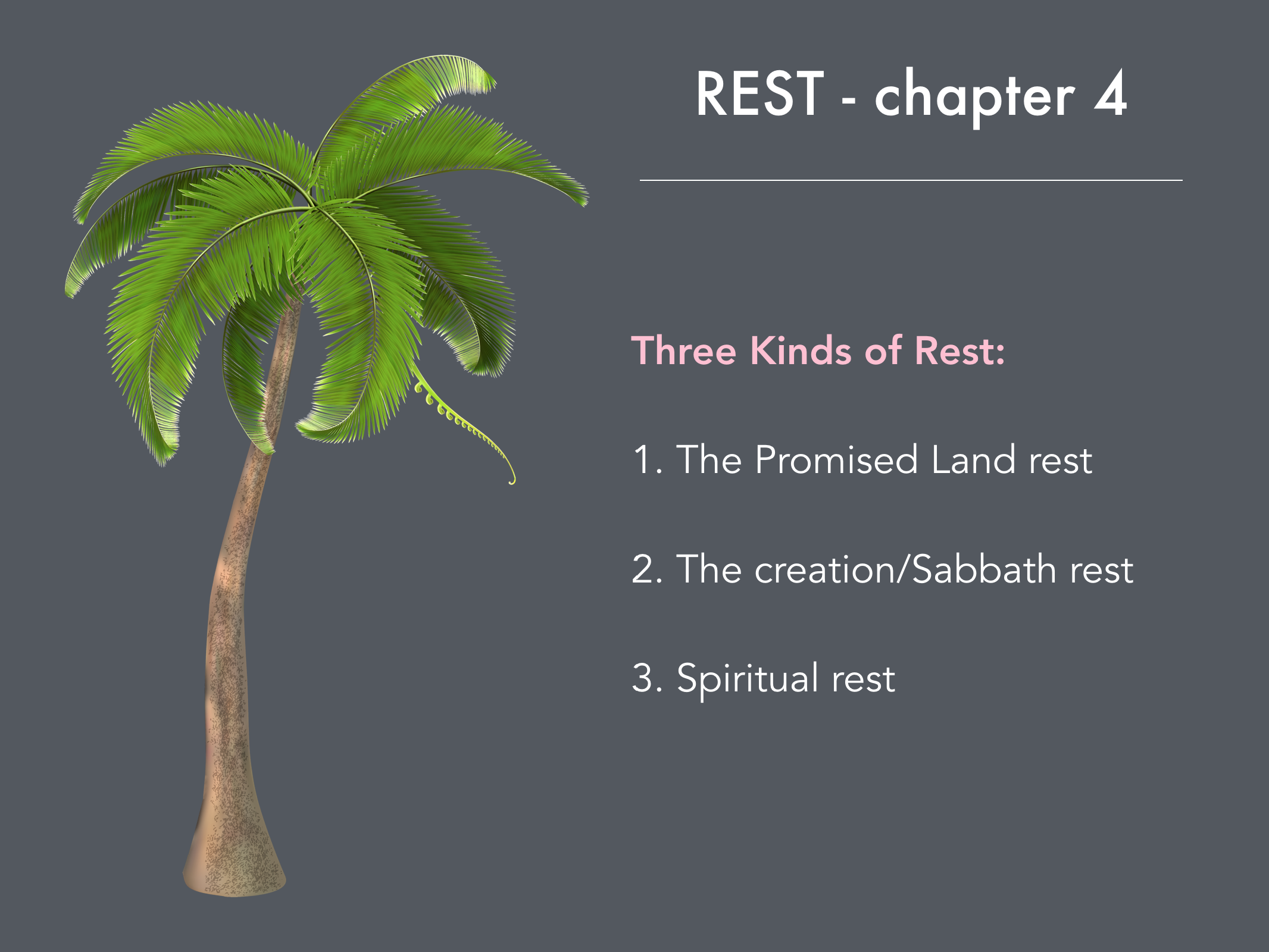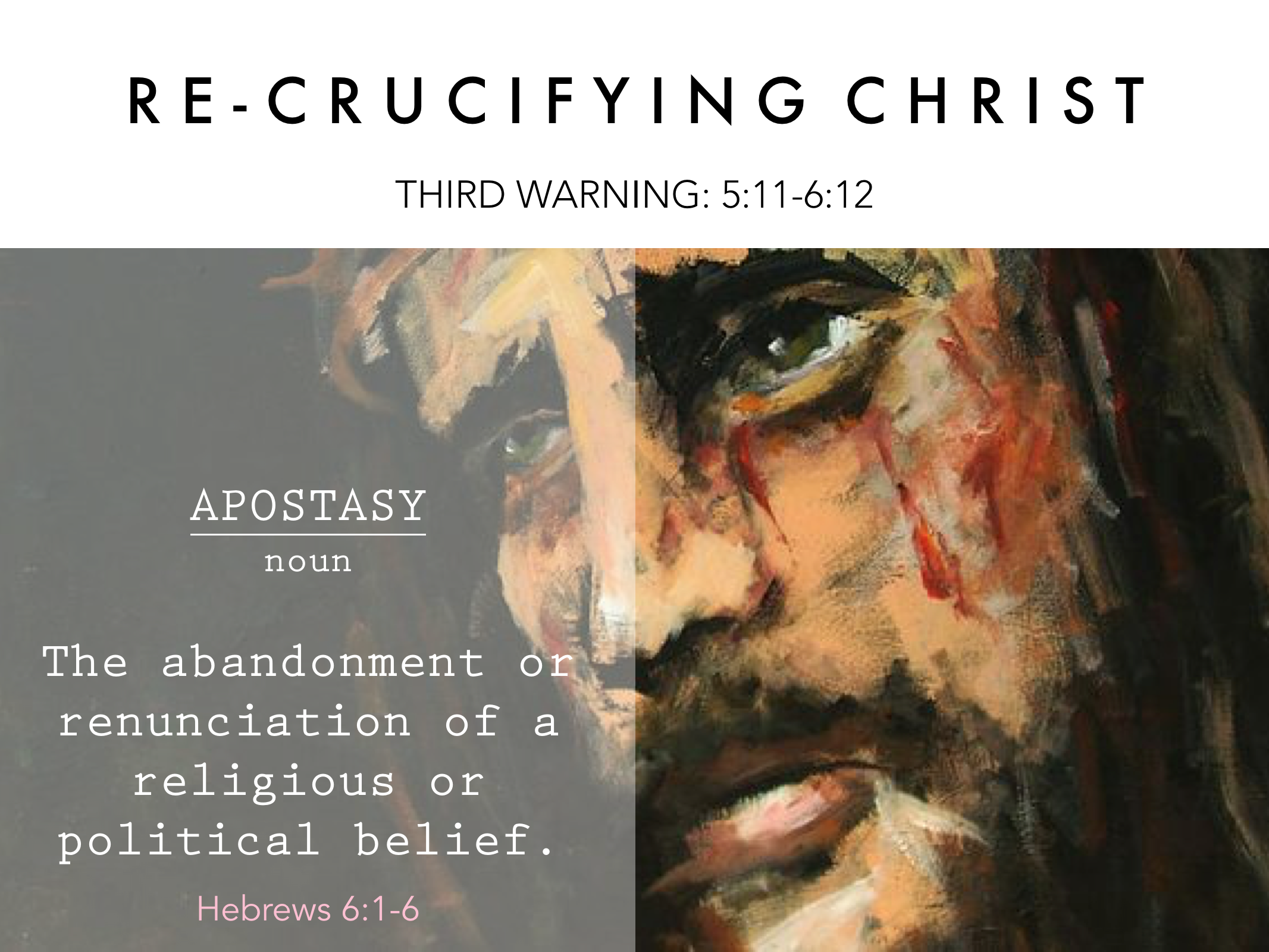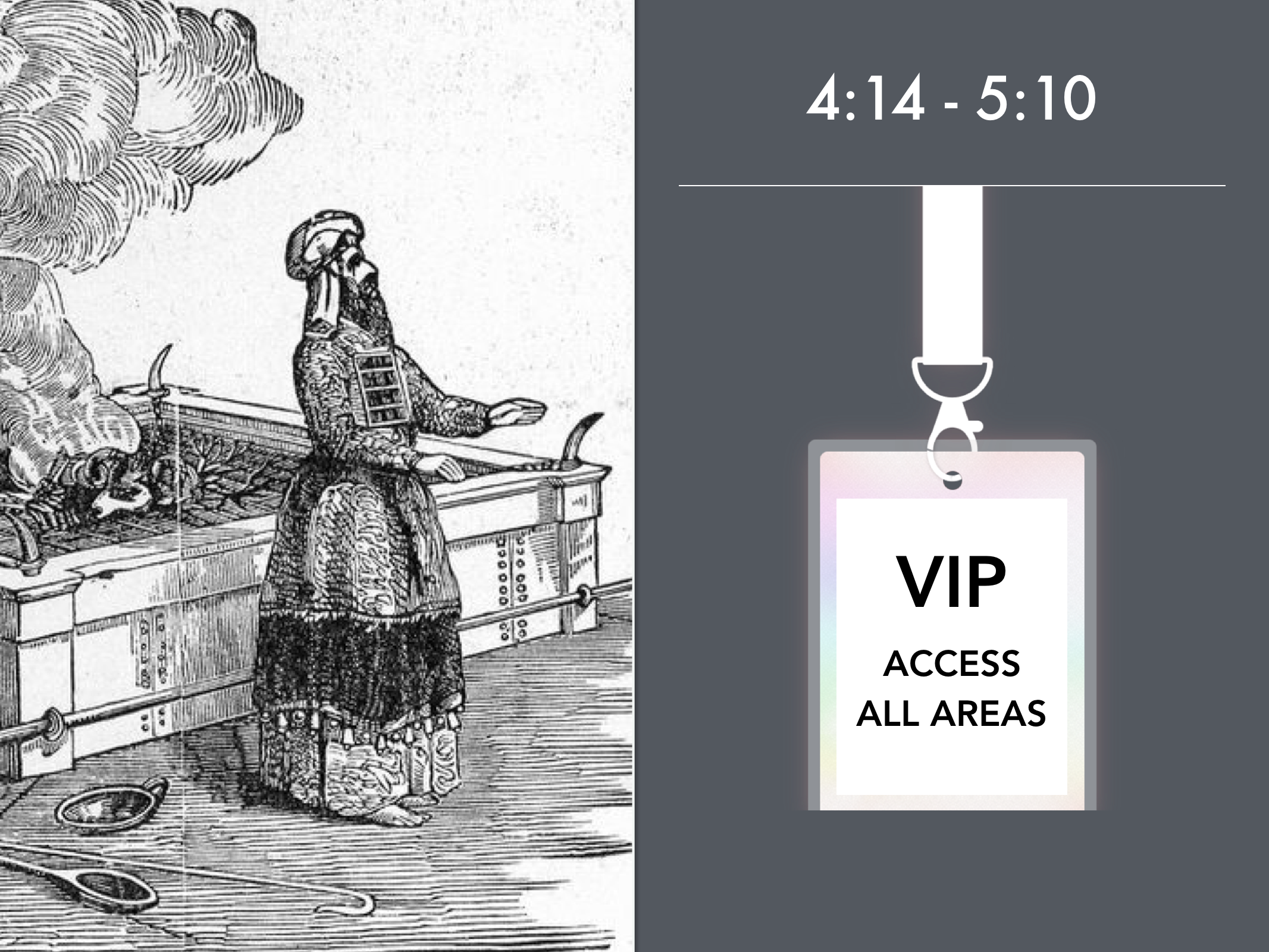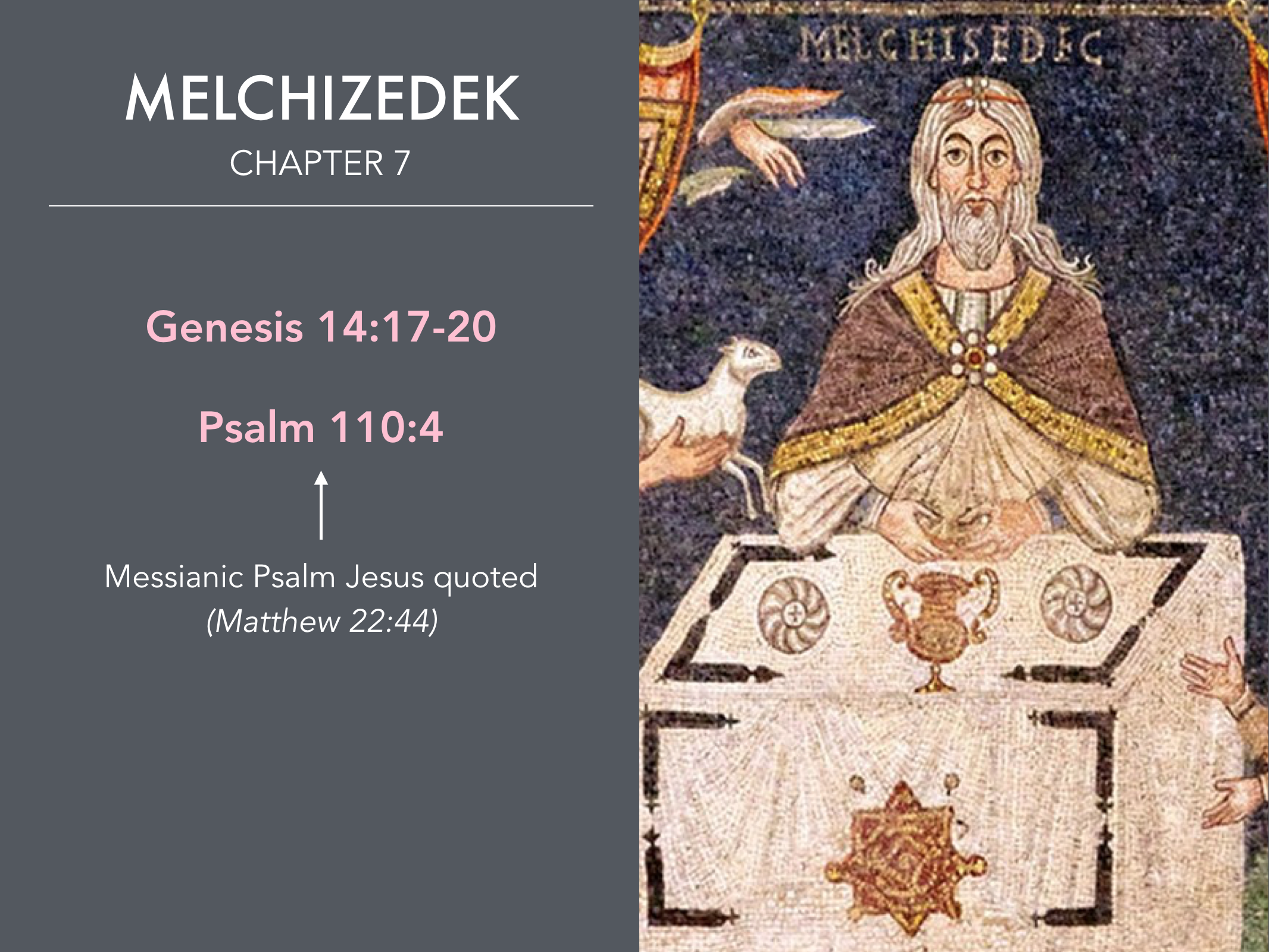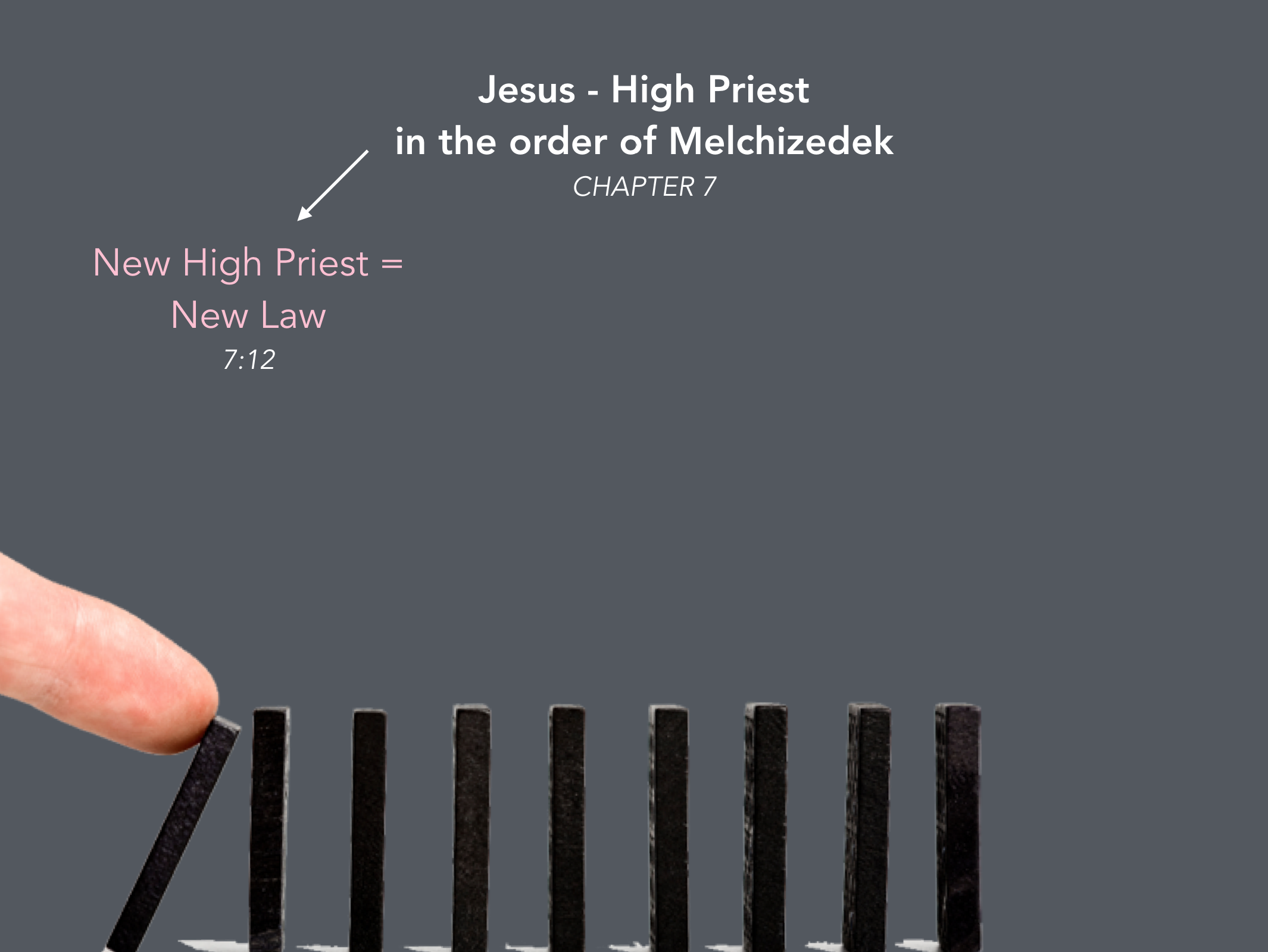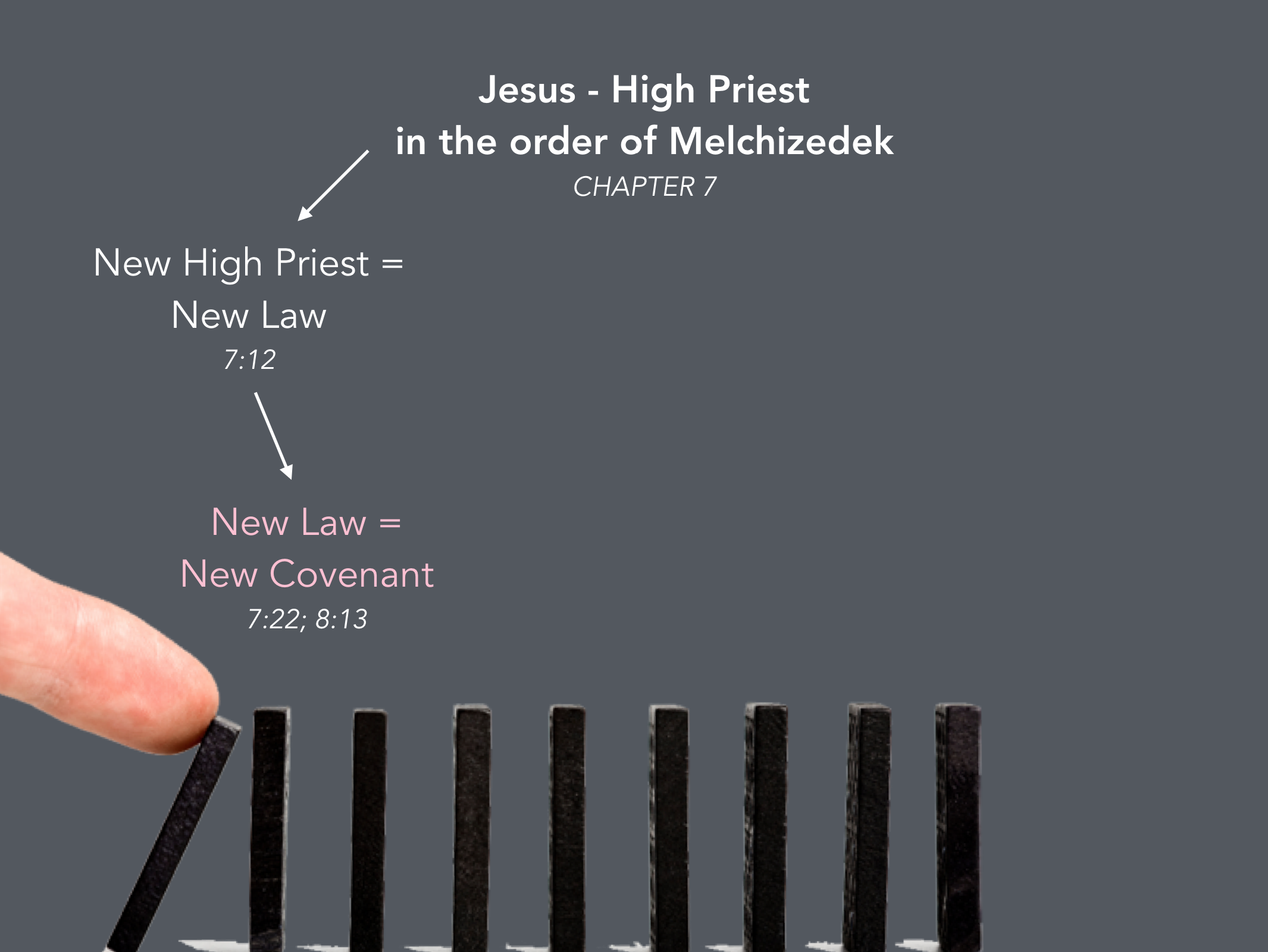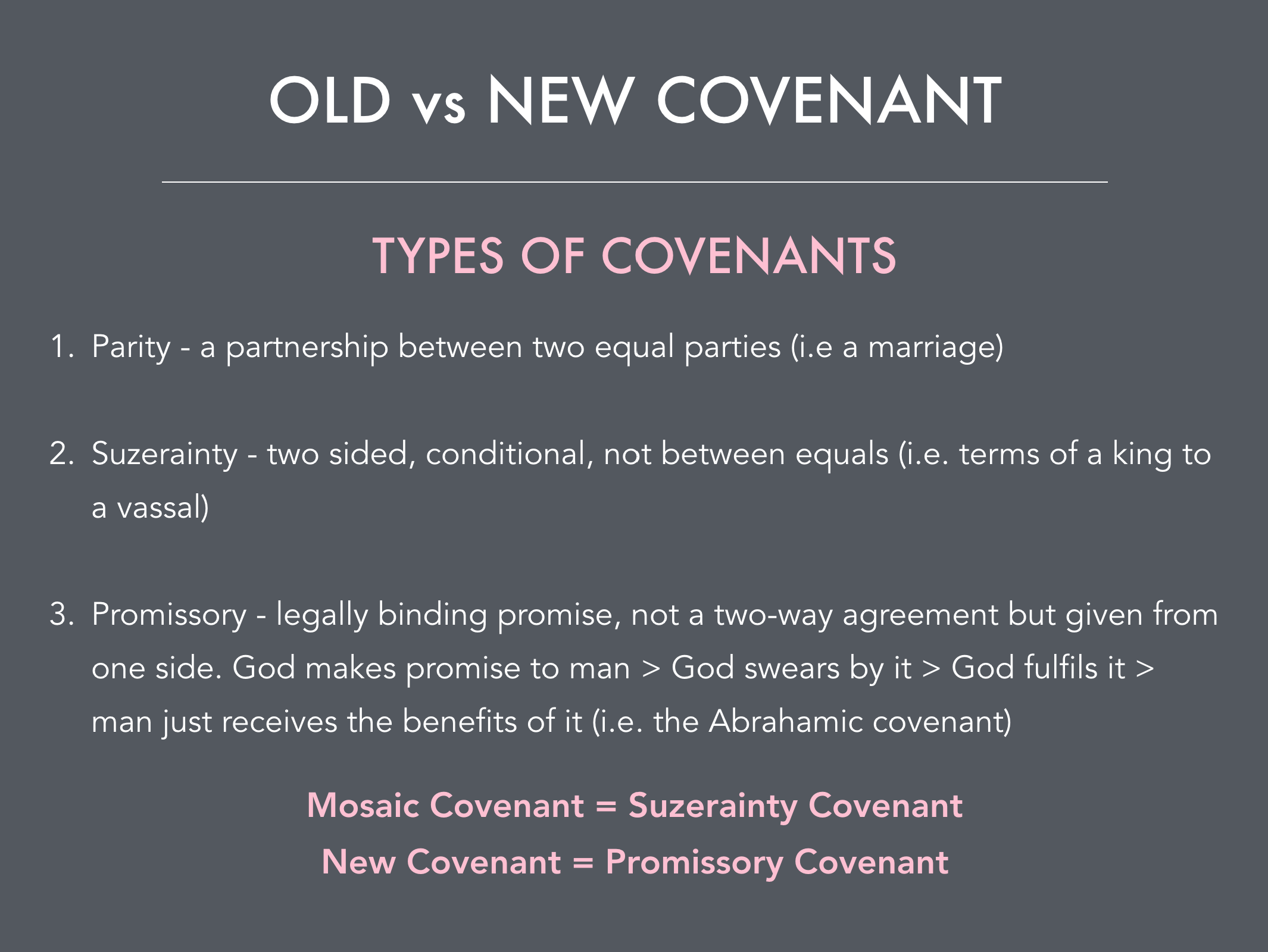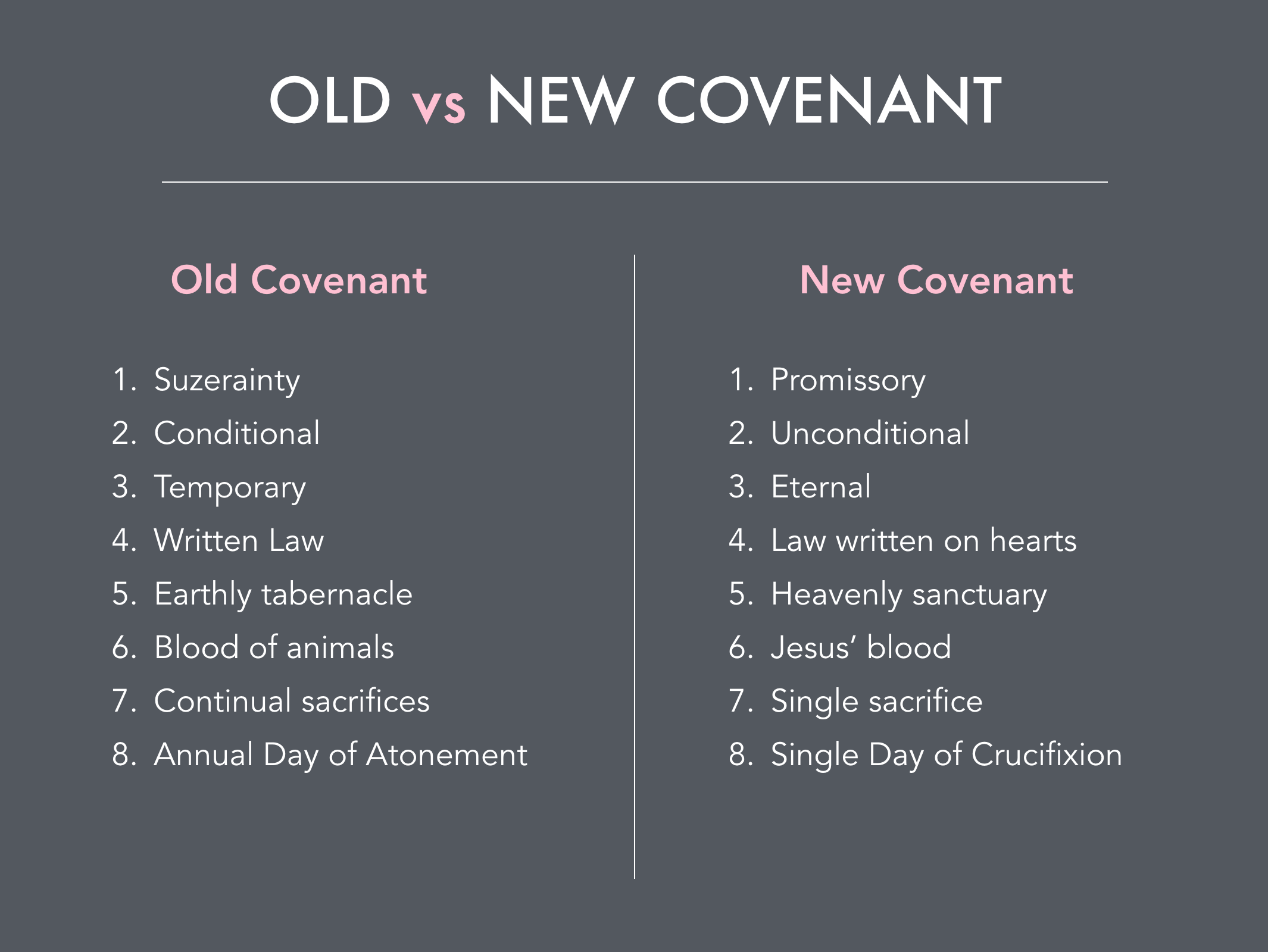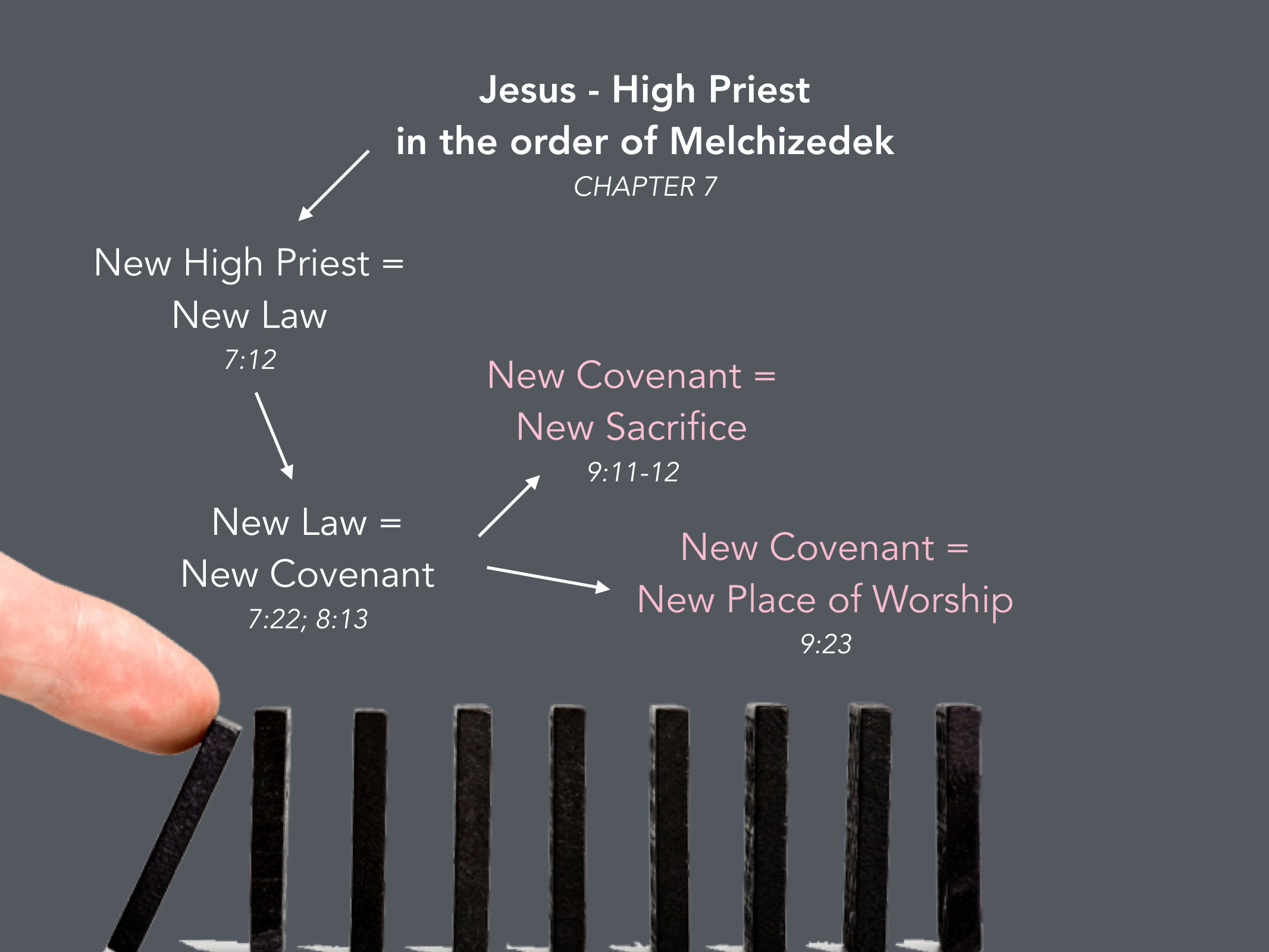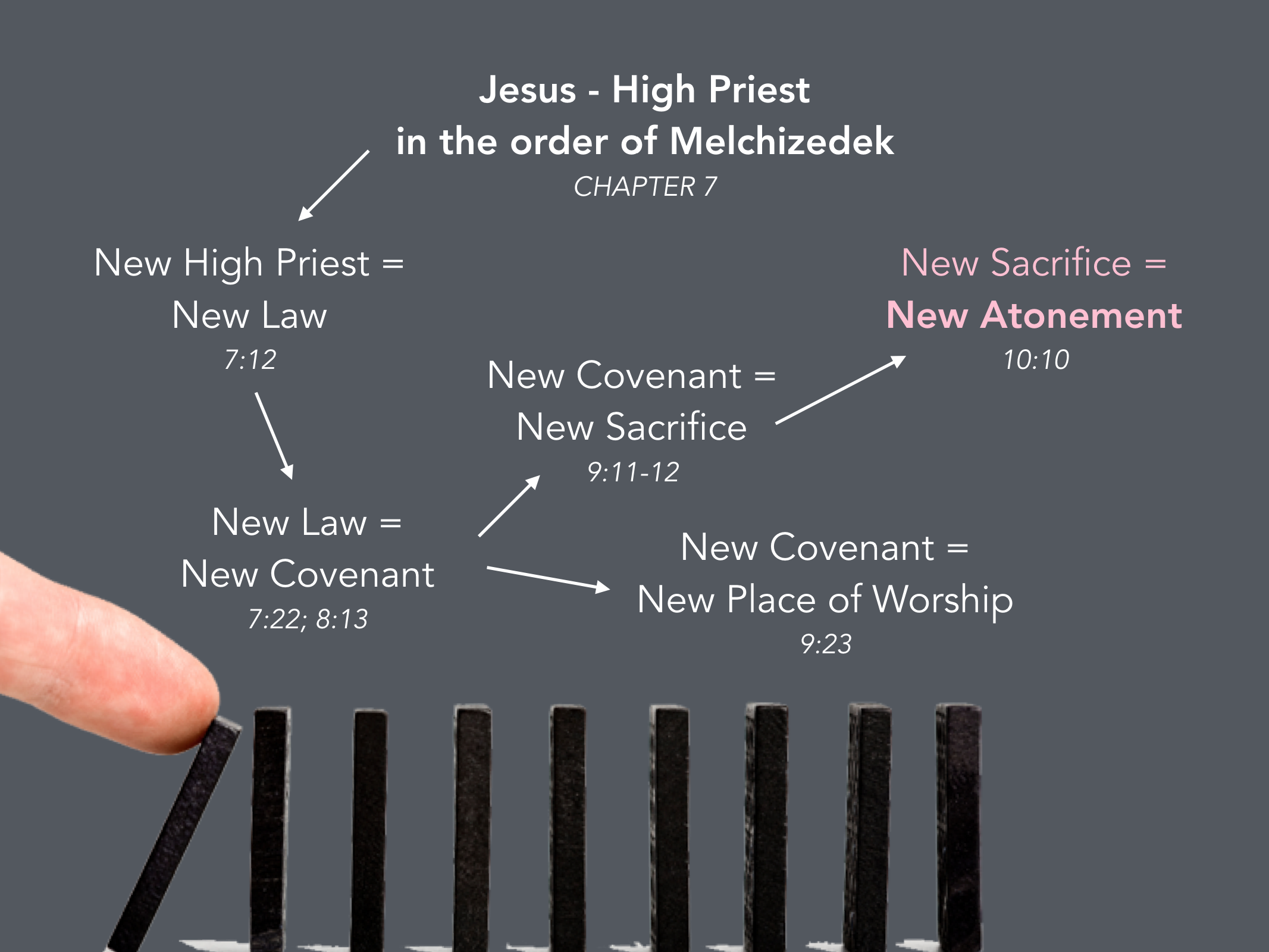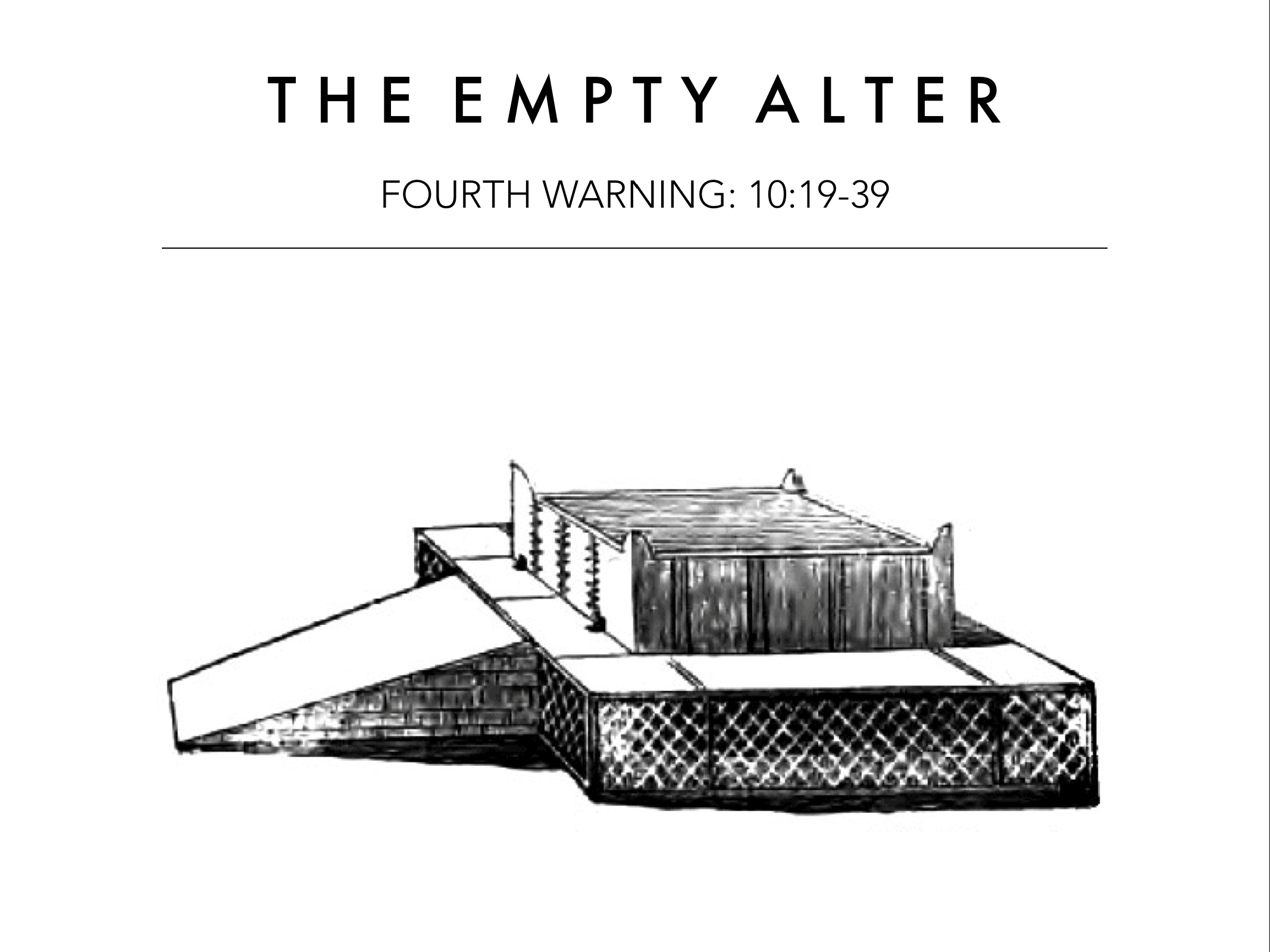The Book of Hebrews - Teaching
The Book of Hebrews is an ancient letter written in the first century AD by an anonymous author. Since no one truly knows who wrote Hebrews, the letter is shrouded in mystery. When was it written? Why was it written? Who was it written to? Despite these missing critical details, Hebrews has endured in the Bible’s New Testaments canon as an inspired letter. Time and again it has come under scrutiny for its ambiguity and countless conclusions have always been to keep and preserve this letter within Scripture. Calvin implored, “Let us therefore not allow ourselves to be deprived of so great a benefit, but firmly defend the possession of it.”
Hebrews is believed to have been written to Christian Jews. It seems that these believers were at a crossroads in their faith, unsure whether to continue living as threatened/persecuted Christians or whether to turn back to Judaism and avoid their sufferings. Figuratively, they were in a lifeboat and lusting after a sinking ship, wondering if returning would solve their problems. To this audience the author outlaid a beautiful sermon to convince that in Jesus, the Jews have everything their ancestors ever hoped for. They have a better mediator, a better rest, a better priest, a better sacrifice, a better covenant and a better atonement. Don't leave the lifeboat and return to the sinking ship! The letter also hosts five major warnings which paint pictures intended to alert the readers that the consequences of turning away from Christ are huge.
One of the most significant contributions of Hebrews is the imagery of Jesus as the High Priest. In fact, Hebrews is the only place in the Bible which describes Christ as such. In the Old Testament covenant, kings and High Priests both functioned in significant roles over the Israelites, but no one person ever fulfilled both roles - that wasn't allowed. The first century Jews understood Jesus' claim to be their King and Messiah (He was killed for those claims), but He never claimed to be their Priest nor tried to function in that role. So the bulk of the author's argument in the Book of Hebrews is that Jesus is the High Priest of His followers and that this truly changes everything.



